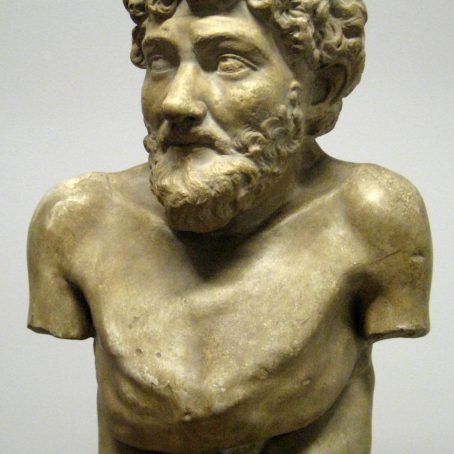
Aesop
Biography and Books
Biography
Aesop, an ancient Greek storyteller believed to have lived around the 6th century BCE, is renowned for his timeless collection of fables that have transcended generations and cultures. Though little is known about his life, it is widely accepted that Aesop was a slave who gained his freedom through his remarkable gift for storytelling. His fables, characterized by a simple yet profound narrative style, often feature animals as characters that embody human virtues and vices, imparting moral lessons that resonate with audiences of all ages. Stories such as “The Tortoise and the Hare” and “The Boy Who Cried Wolf” remain fundamental components of ethical education, illustrating the enduring power of narrative in shaping moral understanding.
Aesop’s influence extends far beyond his own time, having inspired countless adaptations, retellings, and interpretations across various cultures. His fables have been compiled into numerous collections and translated into numerous languages, ensuring their place in global literary heritage. The themes of justice, cunning, and the consequences of one’s actions continue to make Aesop’s work relevant, providing wisdom that encourages reflection on human behavior and societal norms. Through his enduring legacy, Aesop has not only entertained but also educated, making him a quintessential figure in the world of literature and moral philosophy.
